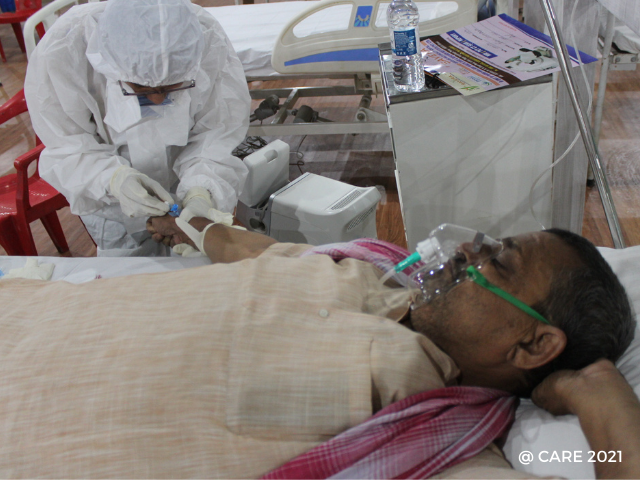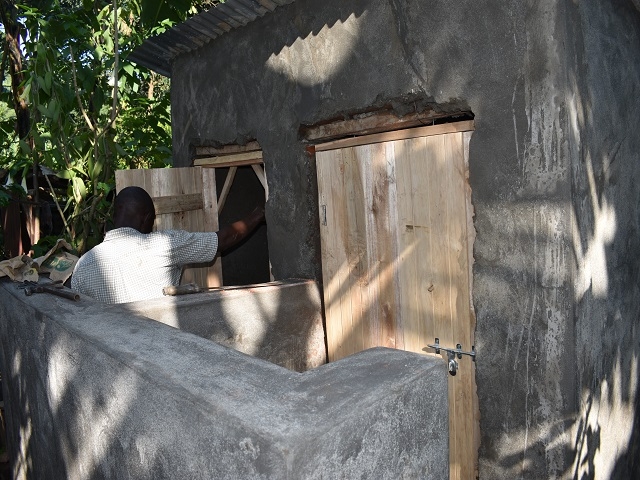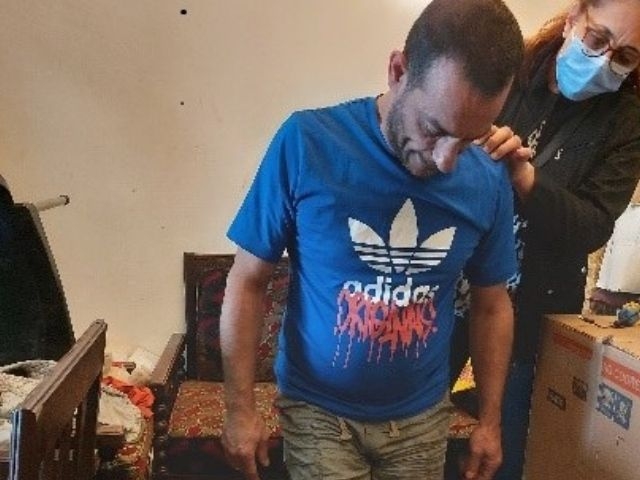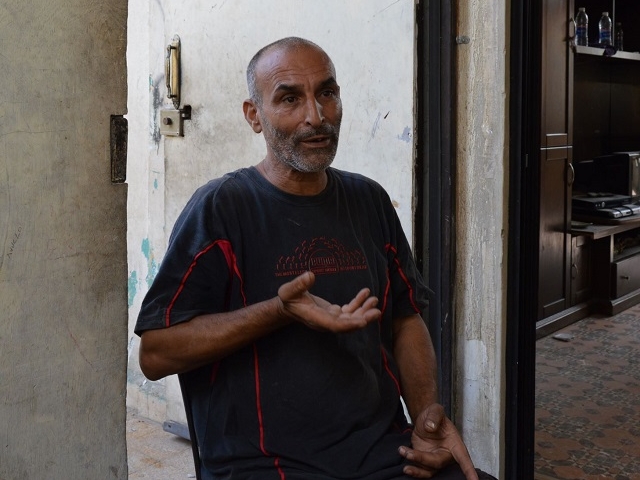The Humanitarian Coalition members are taking care of basic survival needs and helping people rebuild their lives when their homes, schools and livelihoods have been devastated by a disaster. Learn more about these crises and meet people who have benefited from your support.
The words of our colleagues are being echoed across the country as hundreds of thousands of Indo-Canadians bear the burden of waiting for news from friends and family in India.
Loubna and her family first arrived in Lebanon as refugees, and together they rented a small apartment in Bekaa. Loubna got a job as a caretaker in a clothing store, which allowed her to provide for her two daughters on her own, since her husband is no longer in the picture.
The only thing worse than having to flee your own home because of flooding, is having to do it two nights in a row.
Dina and her family live in Syria. Ten years into the relentless conflict in that country, more than 11 million people are in need of humanitarian assistance.
At 26 years old, she was a proud business owner of a beauty salon. But after the explosion, her shop was destroyed – the windows shattered, the walls crumbled and her equipment was broken.
Hanaa, 39 years old, was living in Karantina with her husband and three young children when the explosion upended their lives. Since then, the family has been trying to rebuild.
Samira, a 74-year-old widow from a city on the outskirts of Beirut works in a laundry at a nearby hospital where she is paid about $57 per month. “I finish my work, prepare my food and then sleep. That’s it for my day,” she says.
The devastating Cyclone that swept across southern Africa in March 2019 just made things worse. The flooding brought on by strong winds and heavy rainfall further contaminated the wells and destroyed household latrines.
The injury turned out to be a fractured ankle that cost Sami his job in home renovation, and his ability to provide for his family. Sami faced a very difficult time.
All of his family members suffered minor injuries in the blast. His windows were blown out and his doors were destroyed. His tuk-tuk was damaged and his livelihood came to a halt.
When the explosion shook the city of Beirut on August 4, it damaged her home, and Randa did not have the means to pay for the repairs. She and her family had to live without electricity and a working kitchen.
The 24-year-old mother, her husband and four children are now living in a settlement for displaced people in northwest Syria, staying in an unheated tent and doing what they can to stay warm and survive.











